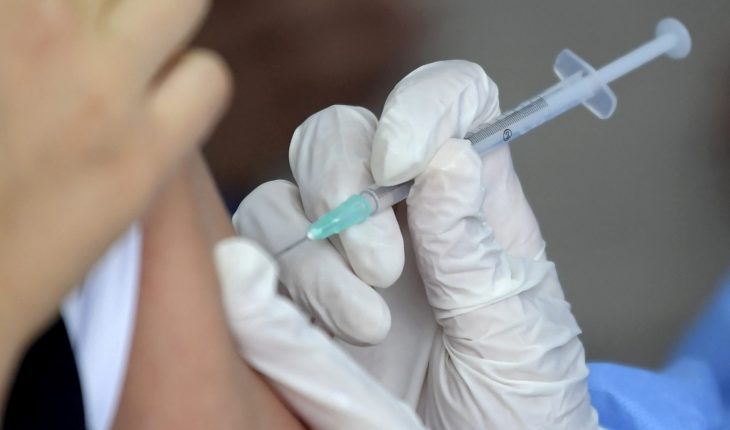Currently ten countries have seized 75% of COVID-19 vaccines, UN Secretary-General Antonio Guterres said, in turn, said more than 130 nations have not received a single dose.
During this week’s high-level session of the UN Security Council, António Guterres regretted that so far, progress in vaccination has been “tremendously uneven and unfair.”
He noted that with the advent of COVID-19 vaccines, a hope arose to defeat the pandemic and should therefore be used for the benefit of all humans on the planet.
Guterres emphasized that no one will be safe until everyone is safe. “At this critical time, the greatest moral test faced by the global community is fairness in vaccine distribution. We need to make sure everyone, everywhere, can get vaccinated as soon as possible,” he said.
According to figures on international vaccination by the University of Oxford, the regions where most of the inoculations have been concentrated are developed countries.
Read: COVID vaccines: authorized vaccines, their doses and who they will go to in Mexico
At the top of the list of the countries with the highest cumulative doses, for every hundred people, are: Israel, the United Arab Emirates and the United Kingdom, followed by the European Union, made up of 27 nations.
Global Vaccination Plan
Guterres warned that there is a risk that current vaccines will lose effectiveness if the spread of the virus is allowed in the global South, “which would bring greater damage in the health and economic spheres of all countries,” he said.
It therefore suggested that an Emergency Working Group should be established to boost and coordinate the fight against the pandemic at the global level, which, he suggested, could be in charge of the G20.
Among other actions, the Emergency Working Group, he said, should be responsible for the development of a Global Vaccination Plan that adds to all actors with power, scientific expertise and financial and production capabilities.
“The Plan should include all countries with the capacity to develop or produce vaccines if licensed to do so,” he explained.
To plan implementation and funding, Guterres said the Working Group would act in collaboration with the World Health Organization (WHO) and other agencies.
Don’t miss: What if you don’t get the second dose of the Pfizer vaccine after 21 days?
“The working group would have the capacity to mobilize pharmaceutical companies and key players in industry and logistics. I am ready to push the entire United Nations system in support of this effort,” the UN Secretary-General offered.
“Together, we can ensure sufficient supply, fair distribution and confidence in vaccines. We can overcome this disease. And we can get our economies back up and running,” Guterres concluded.
According to an AFP count from official sources, up to this Saturday 201,042,149 doses had been administered worldwide, however, the agency stated that the figure is lower than the real one as Russia and China have not reported their official figures for ten days.
What we do at Animal Politics requires professional journalists, teamwork, dialogue with readers and something very important: independence. You can help us keep going. Be part of the team.
Subscribe to Animal Politics, receive benefits and support free journalism.#YoSoyAnimal
translated from Spanish: 10 countries grab 75% of vaccines; 130 have not received a single dose
February 21, 2021 |





